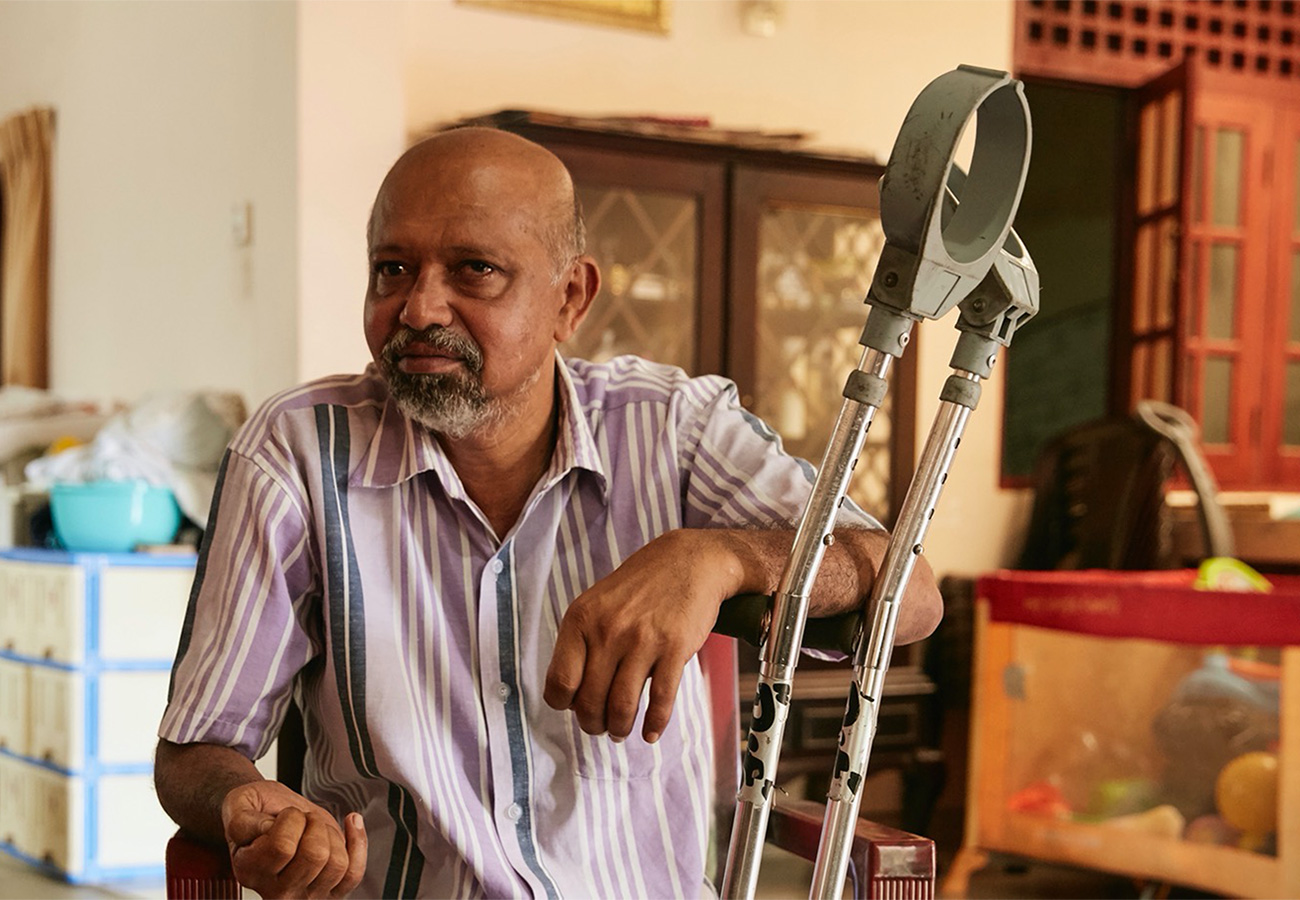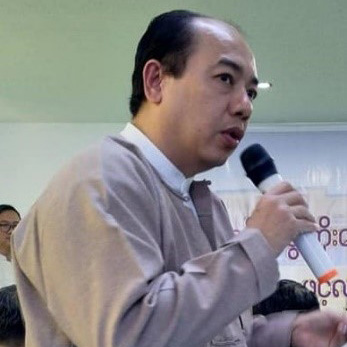

The Defeat-NCD Partnership

Highlights
The collaboration between the Government of Myanmar, the Defeat-NCD Partnership and stakeholders in Myanmar, resulted in the successful Development of a national NCD costed operational plan for Myanmar covering 2021 and 2022. The plan aims to support 11 million people in 2021 and 2022, with a focus on screening and treatment for five NCDs. The plan, successfully implemented, will benefit 2 million vulnerable people with free-of-charge NCD care, and the overall delivery of the plan is expected to reduce out-of-pocket expenses from the current level of 82% down to 63%.
We supported the development of proposals and mobilization of $1.76 million from different organizations. Other partners have mobilized an additional $2.5 million towards the costed action plan. The Government of Myanmar has engaged in discussions with multilateral banks to provide some $12 million towards the financing gap in the costed action plan to be funded by international development assistance.
Simultaneously, the technical support provided to the Government of Rwanda led to the Development of a national strategy and costed action plan for Rwanda (2020-2025) for the prevention and control of NCDs. Successful delivery of the plan will directly benefit 4.8 million people and reduce premature mortality from NCDs in Rwanda by 25%.
In addition, we supported the development of proposals and mobilization of $1.52 million towards the plan. The Government of Rwanda, supported by The Defeat-NCD Partnership and other partners, has developed a proposal towards Rwanda’s costed action plan for $4million of World Bank funding which has since been approved in the first quarter of 2021.
We were requested to support the country’s efforts to support Rwanda’s COVID-19 efforts to improve critical care and prevent mortality, particularly among patients with pre-existing NCDs. Accordingly, we worked with the Rwanda Biomedical Centre to organise a successful training and knowledge sharing event on 19 and 20 September 2020. 12 internationally renowned health professionals, working on the frontline of COVID-19 clinical care joined 275 clinicians from Rwanda to exchange information on treatment guidelines and protocols, emerging trends and latest research.
We hosted a high-level panel discussion ‘Access to sustainable NCD treatment and care’ at the World Health Summit on 26 October 2020. Featuring 22 high level panelists and speakers, representing governments, multilateral institutions, development banks, humanitarian organizations, academia, philanthropic foundations, and private companies, and attended by 469 participants, The session highlighted commitments and major developments by key stakeholders related to progress in The Defeat-NCD Partnership’s mission and objectives.
We organized multiple training workshops, webinars, panel discussions and events during 2020, to support capacity building, advocacy, and policy makers’ engagement.
Further work was undertaken by The Defeat-NCD Partnership during 2020 to identifying the clear correlation between COVID-19 case fatalities and underlying NCD mortalities, and in-house research has demonstrated the disproportionate amount of funding allocated to the COVID-19 response over fundamental strengthening of NCD care.
We launched a joint study with the Economist Intelligence Unit to research this issue in further depth and publish findings during 2021. Using statistical methods and data-driven approaches, the study will highlight areas where funding can be spent in a complementary manner to tackle the pandemic in the short-term and NCDs in the long term.


“There is currently no nationwide electronic medical registration system at community township-level in Myanmar. Introducing this would be extremely beneficial to trace and control NCDs. To be effective this must not be a parallel effort, but instead interoperable with existing mechanisms and integrate with health management information systems.”

